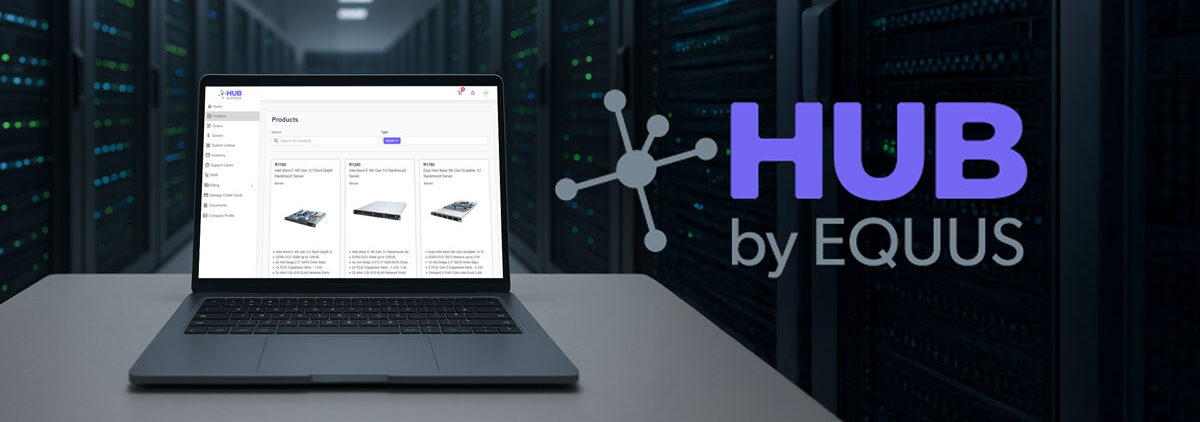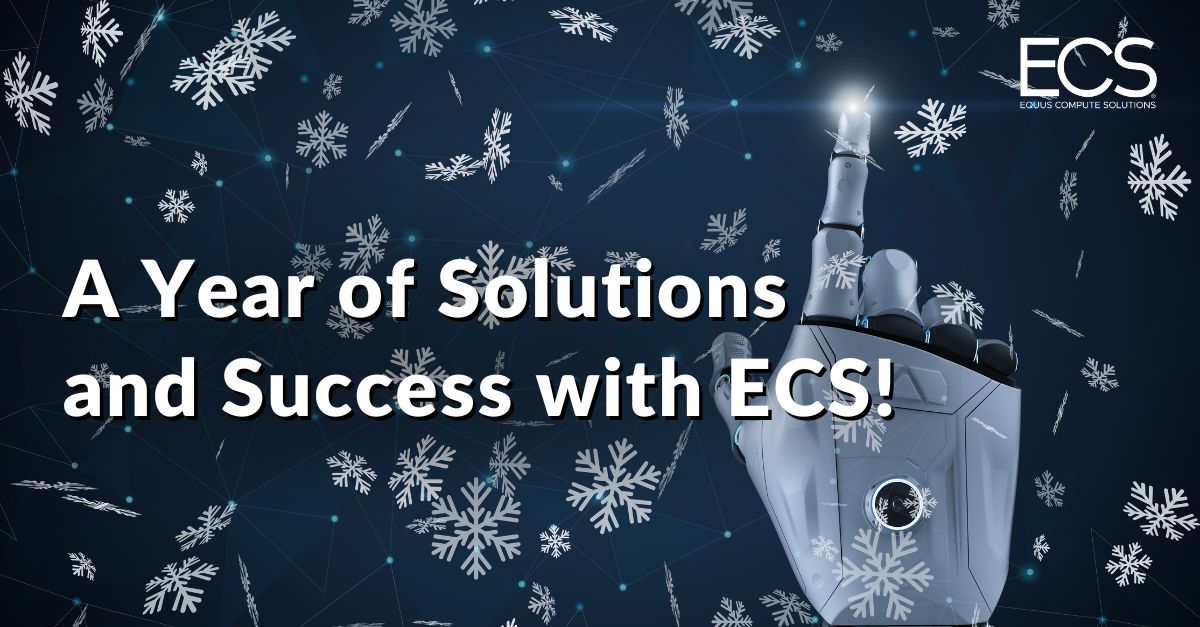Selecting hardware, software, cloud provider, cybersecurity setups — this is what keeps IT professionals up at night. These are decisions that will have far-reaching implications for any business and should be made carefully. To avoid the dreaded Vendor Lock In, many choose a vendor-agnostic technology partner to develop tailored strategies that optimize efficiency and productivity, without being influenced by vendor-specific agendas or requirements. Traditionally, there are many advantages to such a vendor-agnostic situation, including:
- Customized solutions
- Increased flexibility
- Lower costs
- Openness to innovation
- Reduced risk
- Simplified processes
- Unbiased support
These advantages of partnering with vendor-agnostic technology services remain, but with the growing popularity of emerging, disruptive technologies like AI, 5G, and liquid cooling reshaping the computing landscape, working with a neutral provider is coming to the forefront even more. In other words, as new challenges and opportunities arise, remaining vendor-agnostic is only becoming increasingly important. Here are three reasons why.
Reason 1: More Comprehensive Integration Requirements
Next-generation tech requires more — and smoother — interaction between various systems. Vendor-agnostic partners prioritize interoperability, helping to avoid compatibility issues and ensuring all components work together efficiently.
Take, for example, liquid cooling. For immersion cooling deployments, traditional hardware needs to be modified in order to function with a variety of other systems, including servers, networking equipment, and power management systems. In addition to the sealing components, power delivery systems, and the fluid compatibility, new or altered elements include the tanks or enclosures, the fluid management systems, and potential structural adjustments to floors or racks. And that’s to say nothing about integration with external heat exchangers, liquid-to-liquid cooling loops, or other thermal dissipation mechanisms.
Immersion cooling’s requirements go beyond the simple swap of fans for liquid systems. Compared to traditional air-cooled setups, the problem of compatibility and integration is ratcheted up. There are more component systems, and adjustments need to be made at the fundamental level of each of these systems. This complexity must be carefully managed to unlock liquid cooling’s full potential, which means that an agnostic, mix-and-match approach is ideal.
Reason 2: More Intensive Tailoring Needs
Next-generation deployments have more specific needs, more particular applications, and more varying requirements. Vendor-agnostic partners provide tailored solutions to meet these diverse and evolving requirements, ensuring the best fit for each workload.
For instance, 5G projects often have unique use cases like edge computing, IoT, or private networks. From ultra-low latency scenarios like autonomous vehicles and industrial automation to high-bandwidth needs such as AR/VR and streaming, 5G supports a wide range of applications, and each of these use cases has distinct requirements that demand tailored infrastructure and configurations.
As an illustration, let’s look at how 5G enables network slicing, allowing operators to create virtual networks with specific characteristics for different applications. Tailoring these slices to meet the needs of each workload — such as prioritizing low latency for gaming or high bandwidth for video streaming — is a complex, application-specific process. For applications that diverge from or exceed the needs of typical workloads, vendor-agnostic solutions are the way to ensure such precise requirements are met and optimized.
Reason 3: Higher Vendor Variance
Much next-gen equipment and best practices are still maturing, and different manufacturers may offer solutions that work better or worse with specific hardware configurations or data center designs. Vendor-agnostic partners can evaluate various solutions and recommend the best fit for the specific requirements of the project,
One useful demonstration of this situation can be seen in artificial intelligence (AI) and machine learning (ML) workloads. The AI/ML ecosystem is vast, with vendors excelling in specialized areas like data management, model training, or deployment — offering hardware with varying levels of specialization for AI and ML tasks. For example, some GPUs are widely regarded as the gold standard for training deep learning models due to their powerful cores and extensive ecosystem support. However, other vendors offer alternatives with unique advantages, such as lower cost, energy efficiency, or hardware optimized for specific AI workloads.
Beyond specialized functionality, performance of AI/ML hardware also varies greatly. Differences in tensor core design, memory bandwidth, and interconnect speeds can lead to significant disparities in how well hardware handles tasks like large matrix multiplications, which are central to AI workloads. A vendor-agnostic partner can source and integrate the best tools and technologies from different providers, delivering superior performance and efficiency, accessing best-of-breed solutions without being limited to a single vendor’s product line. This flexibility is crucial in ensuring optimal performance and scalability for AI/ML use cases.
Up, Up, And Away
Vendor-agnostic solutions are ideally suited to help adapt to emerging technologies. They allow IT teams to manage an increasingly interconnected and complex ecosystem of devices and systems without being restricted by technology-specific limitations. And with cases like 5G, AI, and liquid cooling, the ability to support diverse environments is crucial for fully leveraging applications and effectively deploying workloads.
By adopting vendor-agnostic solutions, you can build networks that are secure, scalable, and prepared for future technologies and market shifts. This approach boosts operational efficiency, fosters innovation, and helps you stay competitive in the fast-evolving digital landscape.
To learn more about ECS’s full suite of vendor-agnostic services, click here.








